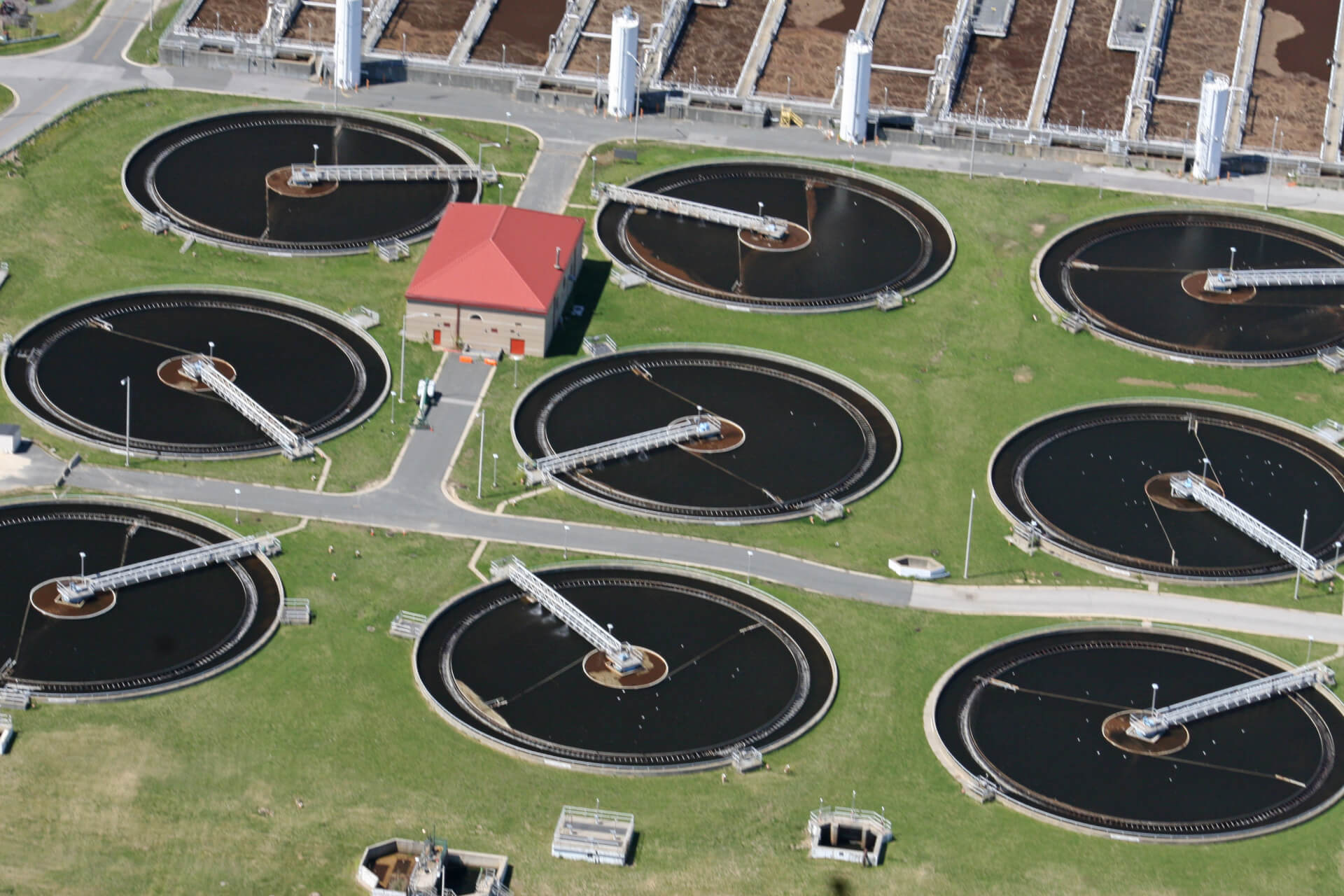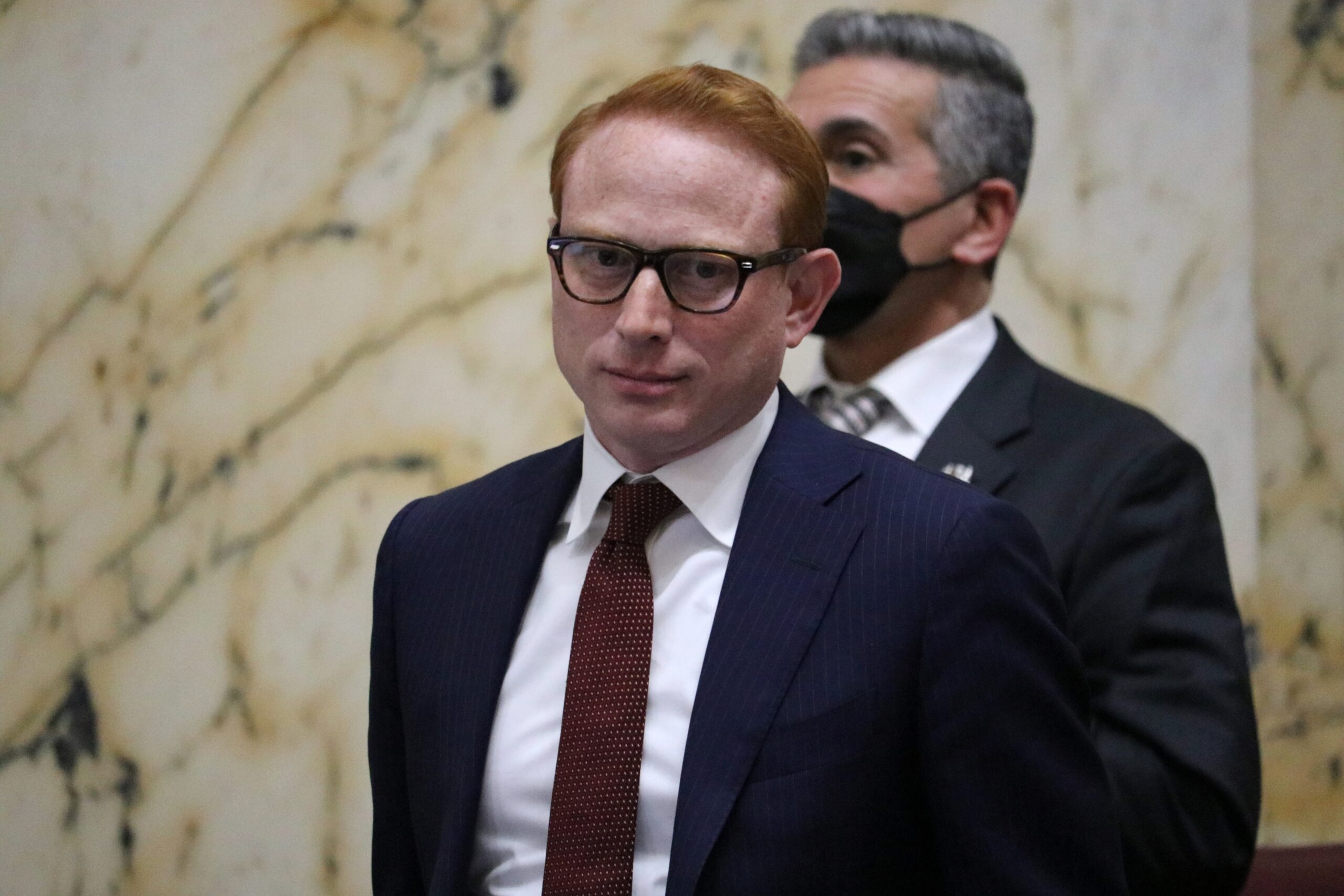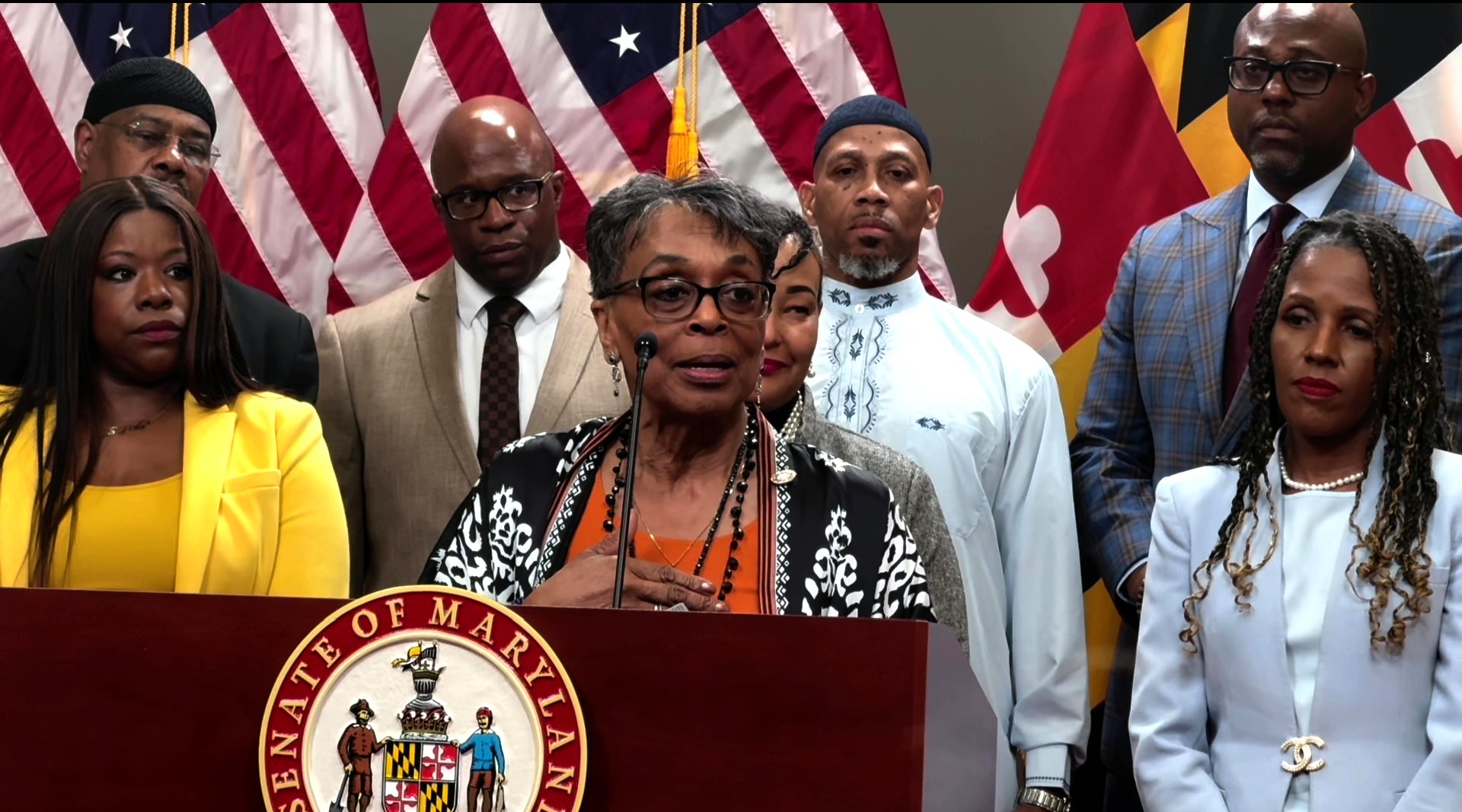Md. Environment Secretary Orders Baltimore Wastewater Plant to Comply Within 48 Hours

Maryland Environment Secretary Ben Grumbles has ordered a Baltimore city-owned wastewater treatment plant to curb its discharges and get back in compliance within 48 hours.
Grumbles’ demand on Thursday comes after a recent inspection uncovered ongoing pollution violations at the Back River Wastewater Treatment Plant.
The Back River plant, located in Dundalk, is limited to discharging up to 180 million gallons of treated wastewater into the Back River, a tributary of the Chesapeake Bay, under its permit.
This comes two months after the state of Maryland filed a lawsuit against Baltimore City over untreated discharge into the Chesapeake Bay from the Patapsco Wastewater Treatment Plant and the Back River Wastewater Treatment Plant. Last summer, Blue Water Baltimore, an environmental watchdog group, called attention to the high bacteria levels in the city’s harbor, which prompted MDE inspections that discovered sewage outflow violations at both plants.
In an inspection at the Back River Wastewater Treatment Plant on Tuesday, a state inspector found “unacceptable algae and vegetation growth” on equipment meant to treat sewage. State inspectors also found that a filter meant to remove nitrogen from the water was not functioning because of a high concentration of solids. The inspector also found copious amounts of scum at different parts of the plant, which were clogging filters.
This inspection revealed the city’s “significantly increased noncompliance” with the Back River discharge permit, according to the order.
Untreated sewage discharge is harmful because it pollutes waterways with excess nutrients that disrupt ecosystems and fuel harmful algae blooms. Not only does algae block the sunlight, but too much of it also means a lot of decomposition, which takes away much of the oxygen in the water. With less sunlight and oxygen, plants and animals struggle to survive in a “dead zone.”
“The ongoing and escalating problems at the Back River Wastewater Treatment Plant present an unacceptable threat to the environment and public health,” Grumbles said in a statement. “We are taking this extraordinary step to require immediate improvements at the plant and accountability for the failures there. If the conditions of my order are not met, I will not hesitate to take further appropriate actions.”
The Baltimore City Department of Public Works said it was disappointed by Grumble’s actions but will respond accordingly.
“The City is disappointed to learn of MDE’s order today, given the collaborative efforts to improve performance over the past several months. However, once the order is served, the City will respond accordingly,” DPW wrote in an email.
On Wednesday, Del. Robin Grammer (R-Baltimore County) called for the “immediate removal” of Grumbles as the state Environment secretary due to the escalating problems at the Back River Wastewater Treatment Plant.
“The problems with the plant are both chronic and escalating. We are seeing and hearing accounts of failures in and around the plant. The effluent release, terrible water quality and growing midge infestations are the direct result,” Grammer wrote in a letter to Gov. Lawrence J. Hogan Jr. (R).
Grammar credited local advocates for discovering the excessive pollution discharges and assailed MDE and Grumbles for not notifying elected officials of problems with the plant and for not working collaboratively with lawmakers this legislative session.
“The department has kept our officials completely in the dark and has consistently demonstrated a complete lack of accountability and oversight,” he continued.
Lawmakers introduced a bill this year that would allow the Maryland Department of the Environment to seek more administrative and civil penalties on private corporations, individuals or municipalities that violate safe drinking water regulations, wastewater facility pollution permits, tidal wetlands restrictions and dam safety regulations. The Senate passed the bill earlier this week and it is due for a hearing in the House.
The Chesapeake Bay Foundation said significant pollution reductions are necessary to clean up the Bay.
“There must be no more excuses. We’ve known for at least six months about problems at the plant, but it appears no one has taken the initiative to fix them. To reach the goals of the Chesapeake Bay cleanup, we’re counting on significant pollution reductions from upgraded wastewater treatment plants. If those upgrades aren’t working, then the cleanup will be in jeopardy,” Doug Myers, a scientist at CBF, said in a statement.




 Creative Commons Attribution
Creative Commons Attribution